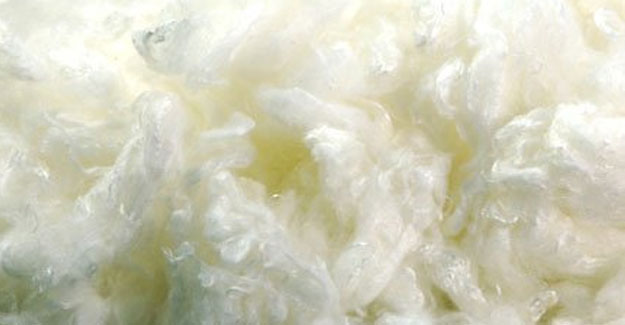
Textile Industry Wants ADD On VSF To Go
In order to create a level-playing field for the entire textile value chain, the Northern India Textile Mills' Association (NITMA) has sought removal of anti-dumping duty on viscose staple fibre (VSF) - a key textile raw material. VSF attracts an anti-dumping duty of $0.103 to $0.512 per kg on imports from Indonesia, China and Thailand. According to the industry, VSF is given undue protection by way of anti-dumping duty which affects the entire textile value chain. According to textile players, the anti-dumping duty has been affecting powerloom fabric exports and making them uncompetitive. Further, with the growing demand of viscose fibre in India, the current capacity of domestic producers is not enough to meet the demand. They alleged that indigenous producers were adopting import parity pricing while selling the fibre to domestic spinners at a premium of Rs 20 per kg. The manufacturers monopolise the trade with their pricing policy and MSME spinners who don't have the negotiation power suffer the most, says Sanjay Garg, president, NITMA. "The indigenous producers are exporting the VSF to countries such as Bangladesh, Turkey, Nepal, and Sri Lanka at international prices and this discriminatory pricing policy has been affecting the competitiveness of the entire viscose-based value chain in India," he added. The differential pricing policy followed by the indigenous VSF manufacturers makes the textile players non-competitive as compared to other countries in the global market. The Rs 50,000 crore textile industry of North India has specialised manufacturing clusters in Ludhiana, Panipat and Baddi-Barotiwala-Nalagarh belt of Himachal.
Textile Excellence
If you wish to Subscribe to Textile Excellence Print Edition, kindly fill in the below form and we shall get back to you with details.













